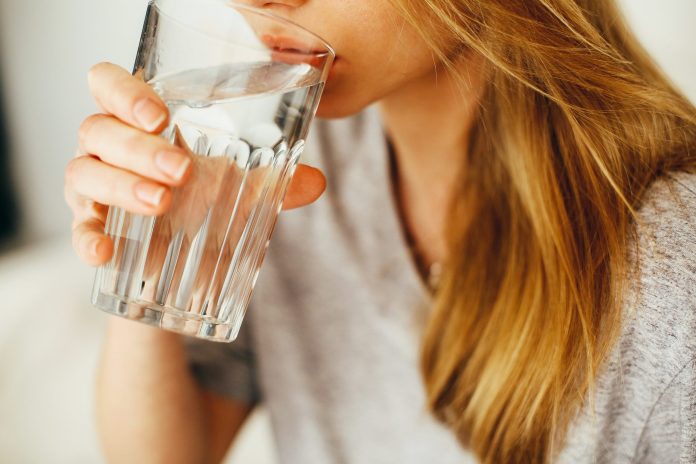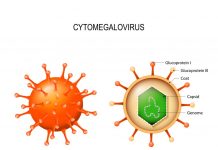It is actually very difficult to answer the question, “What Else is in our drinking water? It turns out that while people are concerned about this question, there is little evidence that is current on the issue. Even a quick search on the Internet produces articles dating back to 2005. The scary part is these are the same issues we face today.
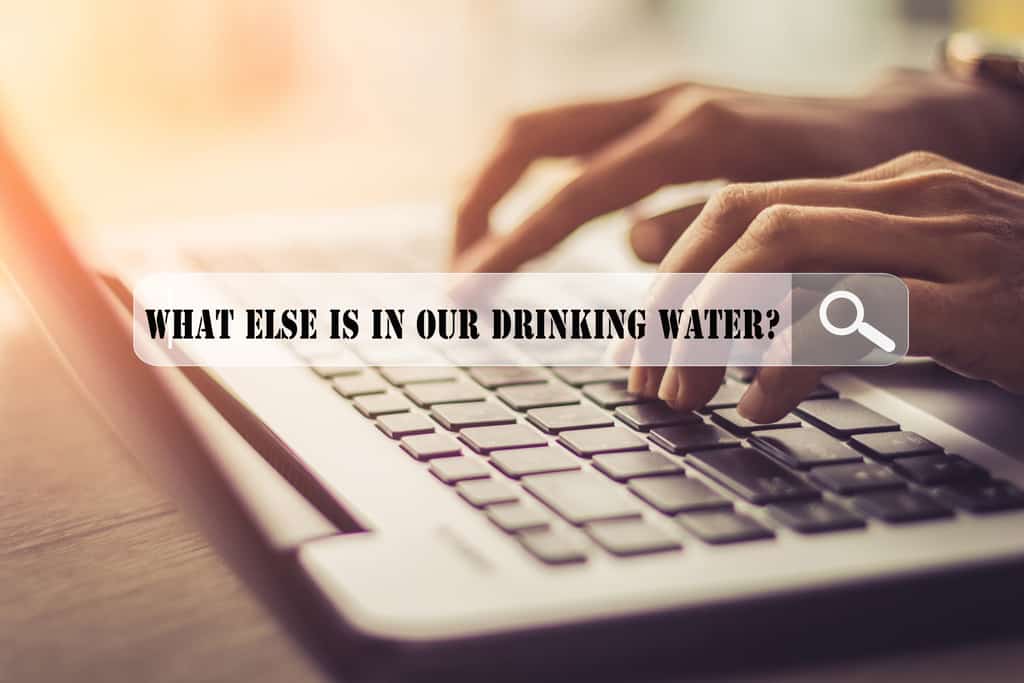
There is an article by the EPA on this question and they have found something they call a DBP or disinfection by-product. That is in our efforts to disinfect our drinking water we have created something else that could be harmful to us. The chemicals used to disinfect our water is reacting with other chemicals, pollutants, etc. in the water producing yet another reaction.
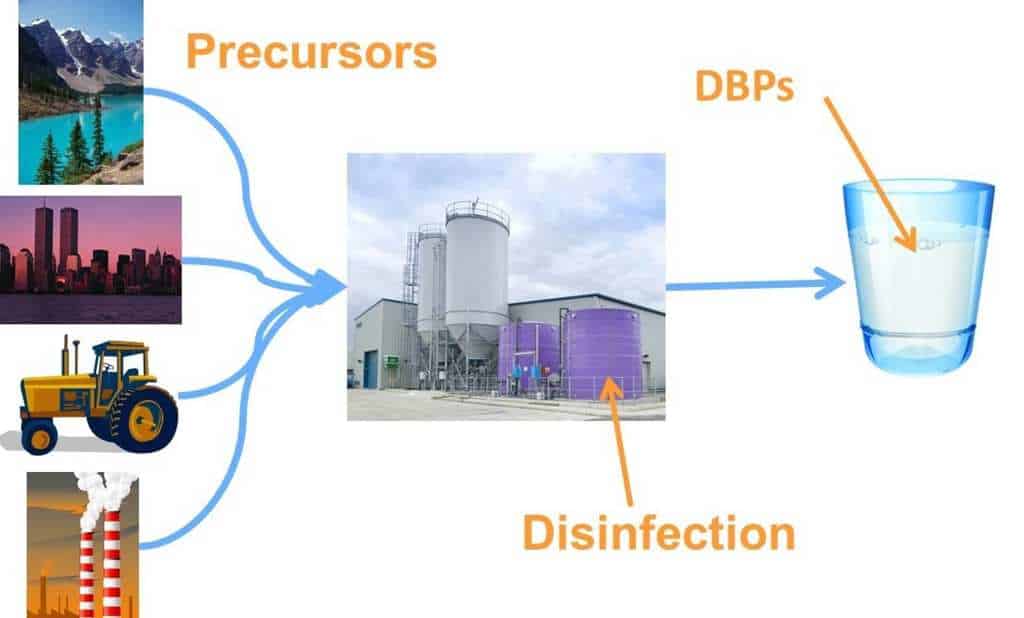
Most of the sites on the Internet and most recent magazine articles indicate that there are many chemicals from pesticides, fertilizer, medical waste, runoff from yards and farms, and many other sources that pour into our water.
We get our drinking water from lakes, streams, wells, and aquafers. We use those same water sources for recreation so gasoline from boats gets into lake and river water. Sewage treatment plants are often located near other water sources. When there are floods, sewage often goes into the source used for drinking.
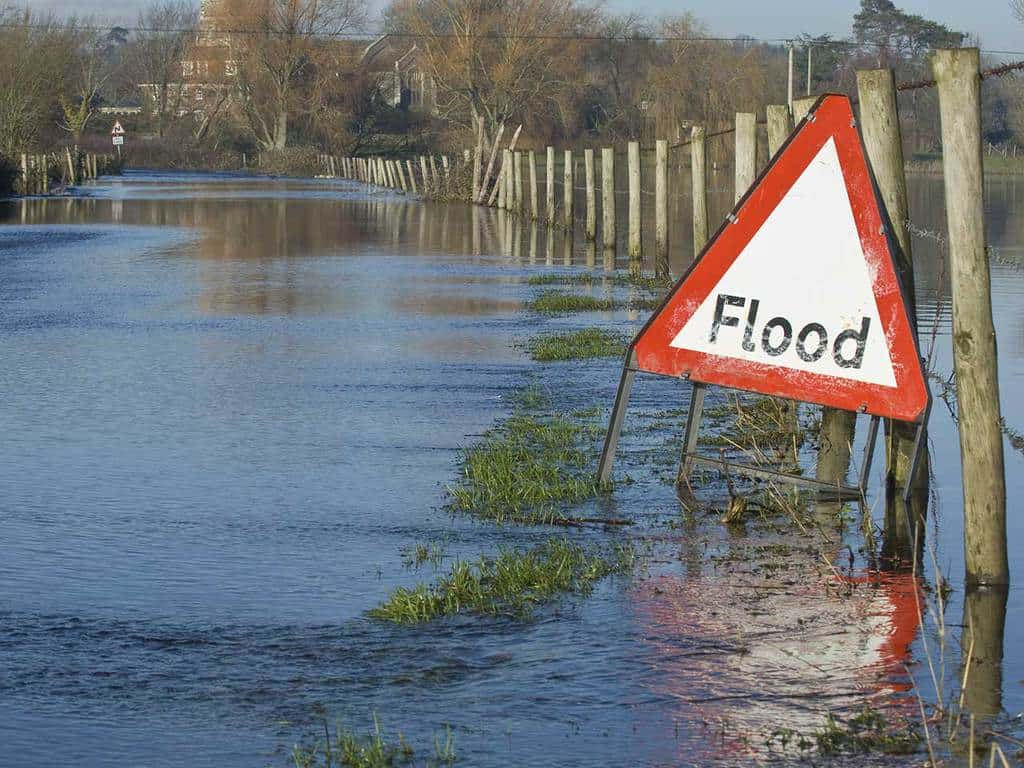
The good news is that most experts agree large cities in the United States tend to have good drinking water. Readers Digest in its August issue interviews people who are involved in our water supply in some way. Most of them agreed that having water in plastic bottles was not the best method of dealing with water issues.
Bill McKibben, environmentalist and author of Earth: Making a Life on a Tough New Planet, was quoted as saying, “Now people prefer to buy water that’s been sitting on a shelf in a plastic bottle. To me, this is folly defined.”

Even if you are in a big city with great water systems, you may be in an old building with old pipes. Those pipes may be lead or there maybe lead from paint. The water may either taste bad or you just don’t trust it. What is the answer? Most of the research for this article points to filtering the water no matter what the source. The good news on this is everyone can afford some type of filtering system.
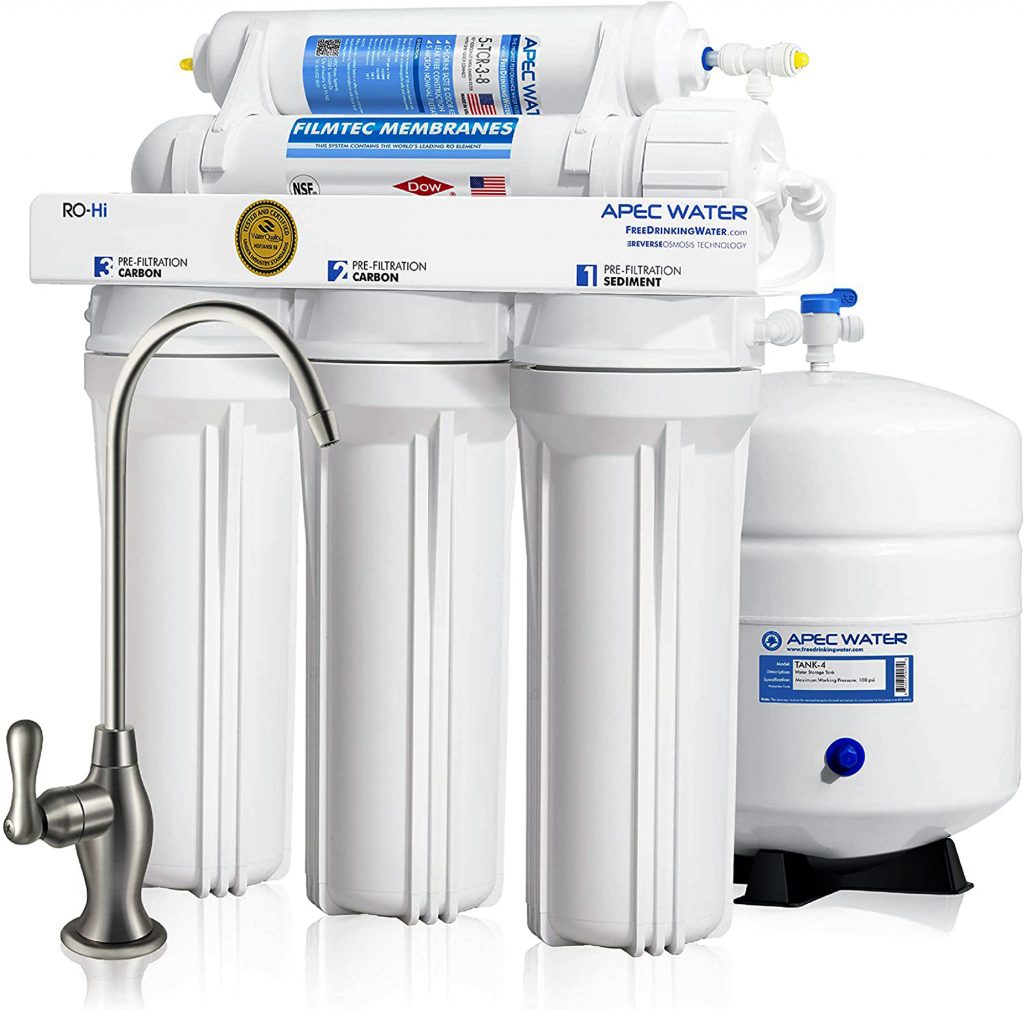
We can all go out and buy a water filter pitcher or a faucet water filter. For people who want or need to filter larger amounts of water you can buy under counter water filters or even a reverse osmosis water filter.
Filtering our water not only helps us have better water, it could begin to reduce the number of plastic bottles in our eco-system. Get your own water filter and get a reusable water bottle to have water you can drink and feel good about.


